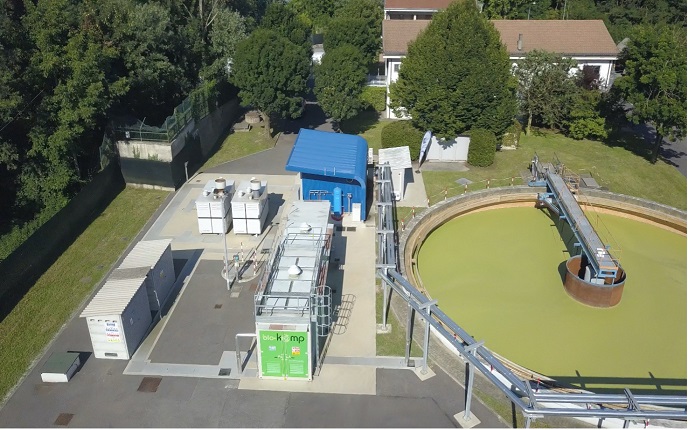Novel auxiliary power units to mitigate negative consequences of idling heavy duty trucks
Typical heavy duty trucks are idled about eight hours daily, with drivers consuming electric energy for functions such as air conditioning and media devices. This power demand is provided by idling of the main engine or standard engine-based auxiliary power unit (APU) systems. However, they are not very efficient or cost effective, emit large emissions and produce noise. Legislation in the United States limits or prohibits the idling of engines. It is even contemplating a country-wide ban, an action which will inevitably lead to a significant boost in anti-idling solutions. With this in mind, the EU-funded DESTA(opens in new window) (Demonstration of 1st European SOFC Truck APU) project aimed at accelerating the development of solid oxide fuel cell (SOFC) APU systems. Work began by defining the APU requirements for a heavy duty truck for the American market. Six APU systems were built and rigorously tested before final selection. SOFC stacks were also tested with respect to thermal cycle ability, sulphur tolerance and long-term operation. Project partners identified and integrated the most promising approaches from the SOFC systems into the final SOFC APU system. They devised new system architecture, developed a control system and designed a vehicle interface. Key components include a DC/DC converter, electrical junction box, batteries and battery state of charge sensor, control panel and wireless router, isolation monitor, keypad and vehicle ECU. In addition, various optimisation tasks were performed to improve system performance, lifetime and reliability. Thanks to DESTA, the first European SOFC APU aboard a heavy duty truck was successfully demonstrated. The solution has considerable fuel savings potential, resulting in less costs and carbon dioxide emissions. It will also reduce engine hours, engine maintenance and service costs.







